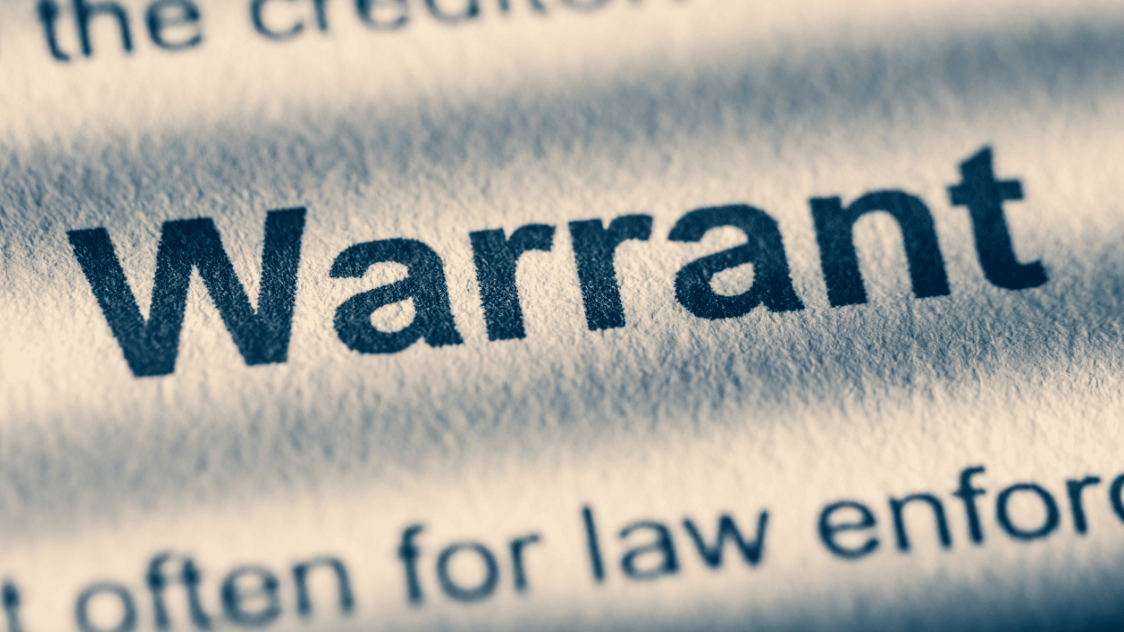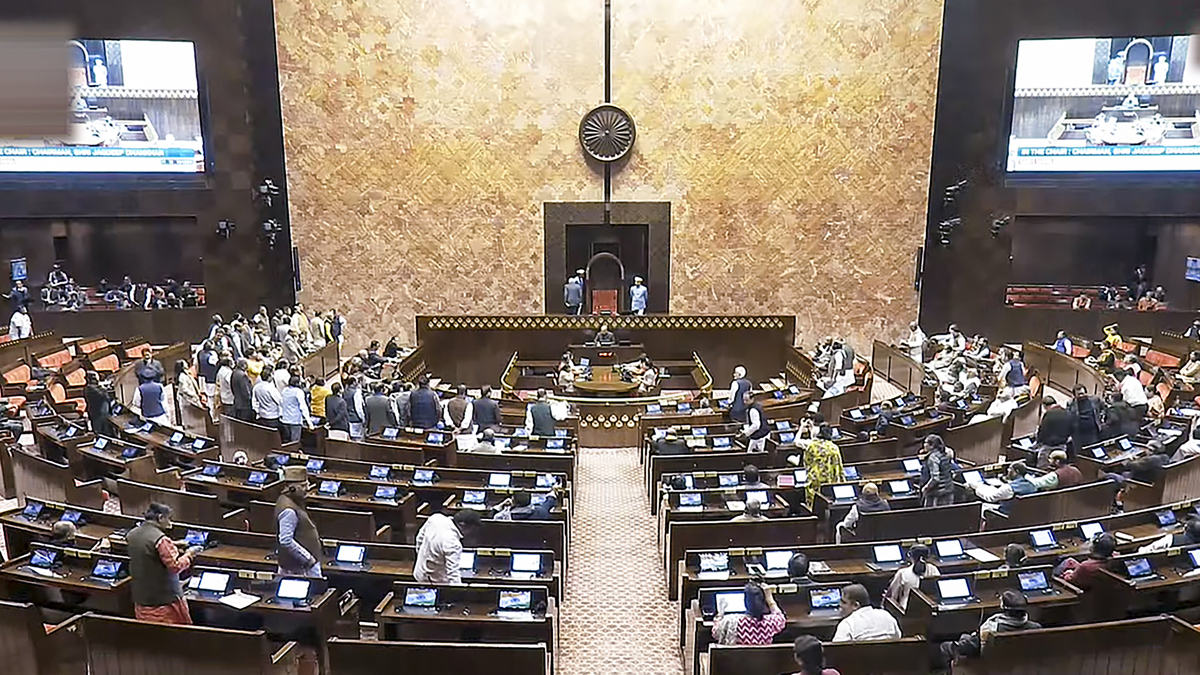A warrant is defined as a document provided by a legal or government official that gives authority to the police or a related body to make an arrest, search premises, or undertake some other activity related to the provision of justice. A warrant can usually be exercised any time before the expiry date.
Introduction
A warrant is a legal document or authorization issued by a judge, competent officer, or magistrate, permitting the performance of an action that would otherwise be considered unlawful and may violate human rights. It is different from summons.
This written instrument is issued by the court to demand the presence, arrest, or search of a person or location as required.
What is in an arrest warrant? The name of the accused, The address of the accused, and The offense with which the accused is charged.
How is an arrest warrant issued?
- A police officer submits an affidavit to a judge or magistrate
- The judge or magistrate signs the affidavit if there is probable cause to believe a crime was committed
- The judge or magistrate issues the warrant
What are the kinds of arrest warrants?
- Bailable: The accused can be released from custody if they post bail
- Non-bailable: Usually issued for serious offenses
Essential Elements of a Warrant
Section 70 of the Criminal Procedure Code, 1973 (CrPC) outlines the essential elements of a warrant. A warrant is a written authorization issued by a Magistrate, and it must be embossed with the court’s seal.
The key components of a warrant, as per the CrPC, are as follows:
- Form and Writing: The warrant must be in writing, meaning it must be documented in a written format and not merely verbal.
- Signature: The warrant must be signed by a magistrate or judge.
- Court seal: The warrant must bear the seal of the court that issued it.
- Name of accused: The warrant must include the name of the accused person.
- Address of accused: The warrant must include the address of the accused person.
- Offence: The warrant must indicate the offense with which the accused person is charged.
- Probable cause: The warrant must be supported by an affidavit that shows probable cause that the accused
Execution of Warrant
According to section 72 of the Criminal Procedure Code, a warrant may be directed to the police officer or any person.
According to section 74 of the Criminal Procedure Code, a warrant directed to any police officer can also be executed by any other police officer whose name is endorsed upon by the police officer directed.
Execution outside the local jurisdiction
According to section 78 of the Criminal Procedure Code, when the warrant is to be executed outside local jurisdiction then, such warrant will not be directed to the police officer. Instead, it will be directed to any Executive Magistrate, District Superintendent of Police or Commissioner of Police within whose local jurisdiction the warrant is to be executed they may further endorse the name of the police officer thereon.
According to section 80 of the Criminal Procedure Code, such arrested person shall be taken before such Magistrate or District Superintendent or Commissioner in whose district arrest is made;
Unless:
- the court which issued the warrant is within 30 kilometres of the place of arrest;
- or is nearer than the Executive Magistrate or District Superintendent or Commissioner of police within the local limits of whose jurisdiction the arrest was made;
- or, the security is taken under section 71 of CrPC.
The primary reason for issuing warrants is to ensure the proper administration of justice. A warrant of arrest may be issued as a precautionary measure, compelling the accused to appear in court.
This is done to prevent individuals who have committed a cognizable offense, are habitual offenders, or have served time in prison from freely moving around without restrictions. The warrant serves as evidence that the person’s arrest is valid until it is executed or canceled by the issuing court.
If incase you need any legal assistance you can now try our AI Legal Advisor.



